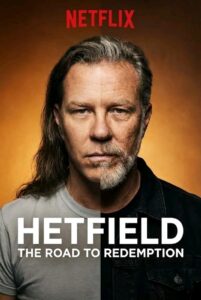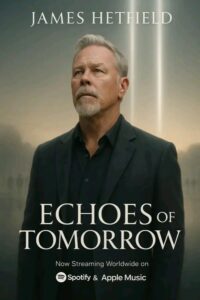
Review: Vikings: Valhalla (2025) – A Heroic Finale to the Viking Saga
The third and final season of Vikings: Valhalla has arrived, bringing with it a conclusion to the epic journeys of Leif Erikson, Freydís Eiríksdóttir, and Harald Sigurdsson. Set against the backdrop of the 11th century, this season endeavors to tie up the myriad threads woven throughout the series, offering a blend of action, character development, and historical intrigue.
A Time Jump and Evolved Characters
Season 3 introduces a significant seven-year time jump, a narrative choice that allows for the exploration of matured characters and evolved dynamics. Leif, portrayed by Sam Corlett, has transformed from a rugged explorer into a contemplative seeker of knowledge, delving into the mysteries of the world in Sicily. Harald, played by Leo Suter, is on a relentless quest to reclaim the Norwegian throne, showcasing his unwavering ambition and strategic prowess. Freydís, brought to life by Frida Gustavsson, has embraced her role as the Keeper of the Faith in Jomsborg, leading her people with a blend of spiritual fervor and martial strength.
The time jump enriches the narrative, providing depth to the characters’ arcs and allowing the audience to witness the consequences of their past decisions. This storytelling device effectively bridges the gap between seasons, offering a fresh perspective while maintaining continuity.
Visual Splendor and Authenticity
The production quality of Vikings: Valhalla remains impeccable. From the icy landscapes of Scandinavia to the sun-drenched vistas of Constantinople, the series captures the diverse settings with breathtaking cinematography. The meticulous attention to detail in set design and costume authenticity immerses viewers in the historical period, enhancing the overall viewing experience.
Battle sequences are choreographed with precision, balancing brutality with visual artistry. The siege of Syracuse stands out as a particularly compelling set piece, demonstrating the show’s commitment to delivering high-stakes action that serves the narrative.
Character Arcs and Performances
The strength of Vikings: Valhalla lies in its character-driven storytelling. Freydís’s evolution into a spiritual leader is portrayed with nuance, highlighting her internal struggles and unwavering commitment to her people. Leif’s journey is marked by introspection and a desire for understanding, with Corlett delivering a performance that balances vulnerability and determination. Harald’s relentless pursuit of power is depicted with complexity, showcasing the moral ambiguities inherent in leadership and ambition.
The supporting cast also delivers commendable performances, adding depth to the narrative and enriching the central characters’ journeys.
Narrative Pacing and Resolution
While the season excels in character development and visual storytelling, some viewers have noted issues with pacing and narrative resolution. Certain subplots, particularly those involving political machinations and succession disputes, feel underdeveloped, leading to a sense of rushed storytelling in the latter episodes.
The series attempts to conclude multiple storylines within a limited episode count, which, while ambitious, results in some arcs receiving less attention than they merit. This compression of narrative elements may leave audiences desiring a more expansive exploration of certain plot points.
Historical Context and Creative Liberties
Vikings: Valhalla continues the franchise’s tradition of blending historical events with creative storytelling. While the series draws inspiration from real historical figures and occurrences, it takes liberties to enhance dramatic effect. This approach allows for a compelling narrative that, while not strictly adhering to historical accuracy, captures the spirit and complexity of the Viking era.
The show’s exploration of the tension between pagan traditions and the rise of Christianity adds a rich thematic layer, reflecting the cultural and religious shifts of the time.
Audience Reception and Legacy
The final season has elicited a range of responses from audiences. Many praise the series for its compelling characters, high production values, and engaging storytelling. However, some viewers express disappointment with the pacing and the resolution of certain plotlines, suggesting that the series could have benefited from additional episodes to fully flesh out its narrative.
Despite these critiques, Vikings: Valhalla stands as a worthy continuation of the Vikings saga, offering a fresh perspective on the legendary Norse figures and their enduring legacy
Vikings: Valhalla Season 3 delivers a compelling, if imperfect, conclusion to the epic saga. Through its richly drawn characters, stunning visuals, and thoughtful exploration of historical themes, the series offers a satisfying narrative that honors its predecessors while carving out its own identity. While certain narrative elements could have been more fully developed, the season succeeds in providing a resonant and emotionally impactful finale to the Viking saga.





